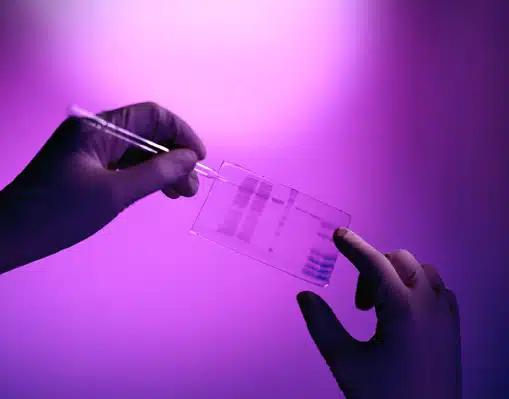New insight into the cause of female infertility: a certain hormone, interleukin 11, is absolutely essential for female fertility.
Interleukin -11 (IL-11) is a hormone naturally produced by the body which is known to be important for the growth of blood and gut cells. Now, new experiments using mice in which IL-11 action was inhibited have revealed that IL-11 is absolutely essential for female fertility.
Dr Lorraine Robb, Dr Glenn Begley and co-workers at the Walter and Eliza Hall Institute of Medical Research in Melbourne are interested in the way in which the growth of normal and leukaemic blood cells is regulated. Research from a number of laboratories had previously shown that IL-11 was involved in this process. Therefore, they developed a mouse strain which was unresponsive to IL-11.
The initial results where disappointing. Comparison of blood samples from these mice with those of control mice did not reveal any differences. The study had not revealed any new information about the role of IL-11 in blood development.
Further observation, however, demonstrated that the female mice were infertile. Normally, during early pregnancy, in response to the implanting embryo, the wall of the uterus undergoes a dramatic transformation into a specialised tissue which surrounds and nourishes the developing embryo. In the IL-11 unresponsive female mice, the fertilised eggs failed to implant properly into the uterus.
The study therefore revealed a previously unrecognised critical role for IL-11 signalling in female reproduction. The finding, which has recently been published in the journal Nature Medicine, is an example of serendipity in science. The link between IL-11 and reproduction was completely unexpected provides an exceptional advance in the understanding of female fertility. At present, this observation has only been made in mice, but the results pave the way for studies to determine whether IL-11 is also a key player in female fertility in humans.





 Fresh Science is on hold for 2022. We will be back in 2023.
Fresh Science is on hold for 2022. We will be back in 2023.